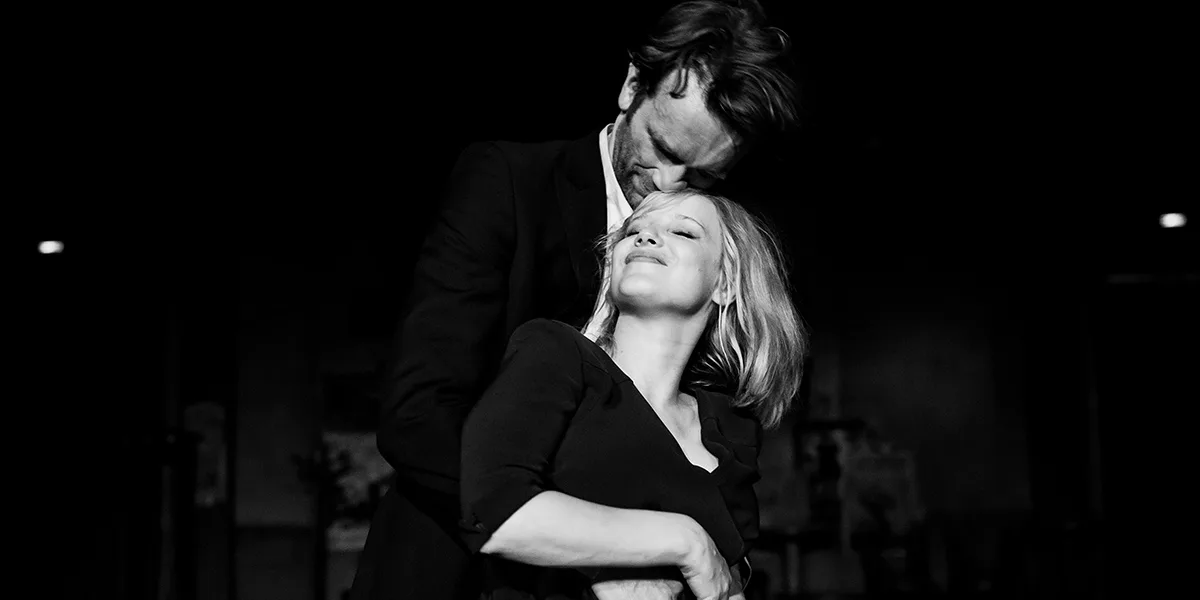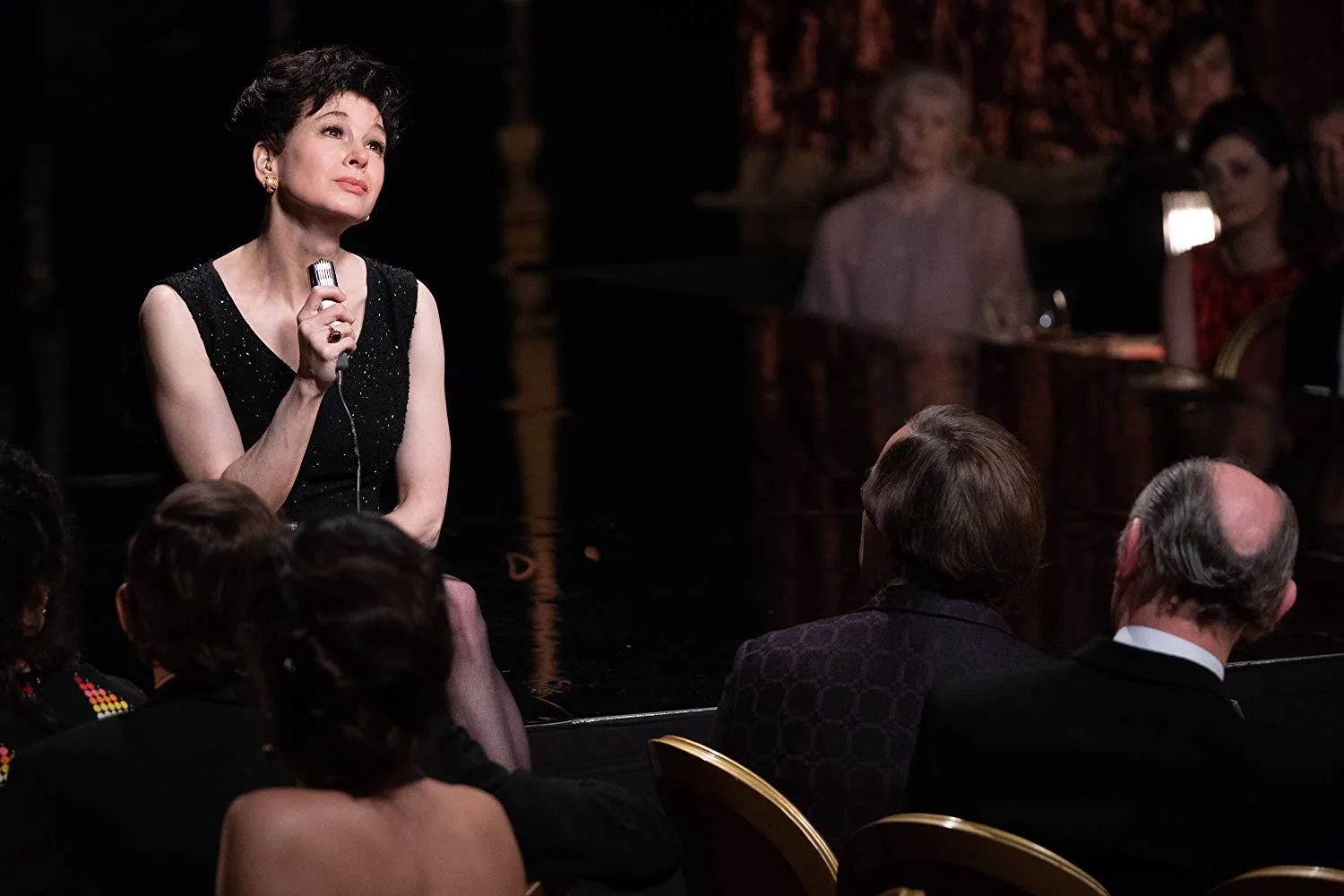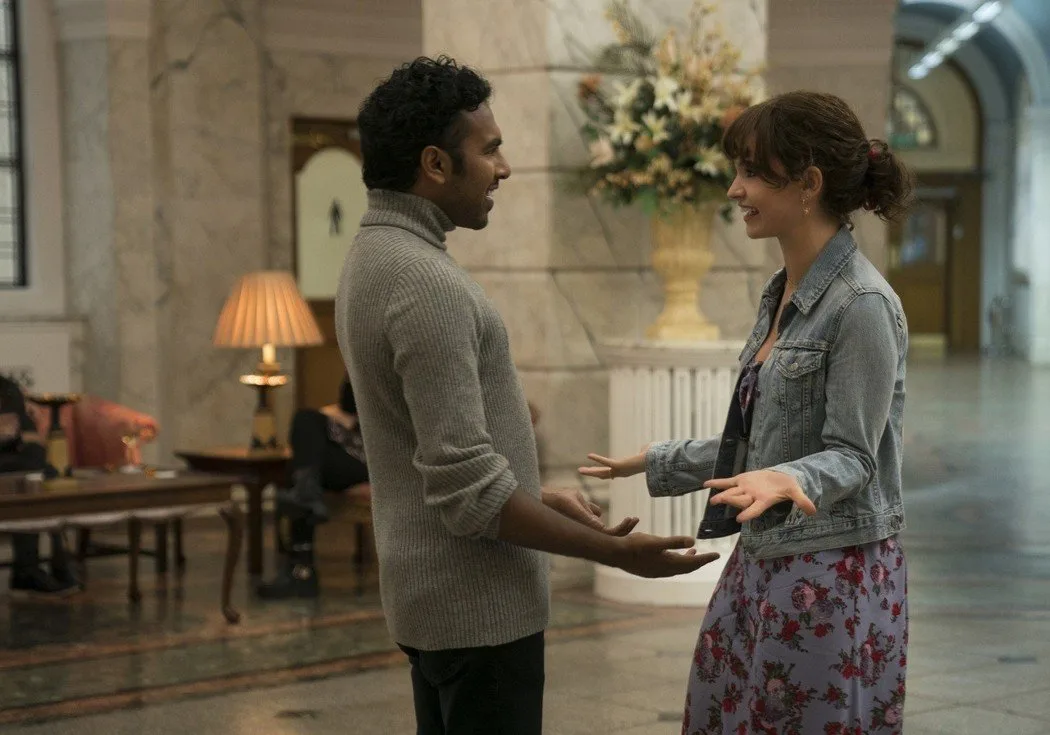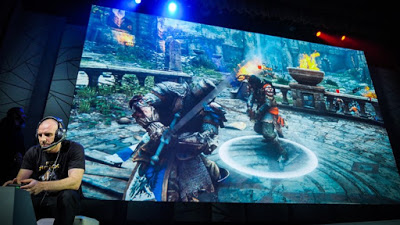[imdb style=”white”]tt6543652[/imdb]
We follow the tumultuous relationship between two musicians in postwar Europe in Cold War. In 1949 Poland, jazz-loving pianist Wiktor Warski (Tomasz Kot) is forced to play into the communist propaganda machine and audition traditional folk musicians, as part of state-sponsored project. During the auditions, Wiktor finds himself immediately enamored by Zuzanna “Zula” Lichoń (Joanna Kulig), who stands out in a crowd of nearly identical musicians. It isn’t long before the two begin a passionate love affair with each other, however it turns out to be short lived, as Zula doesn’t follow Wiktor when he leaves Poland for Paris. Over the course of the next two decades, Wiktor and Zula reignite their love affair at various points of their lives, only to be torn apart again by either personal demons or the political climate.
Polish director Paweł Pawlikowski follows up his Academy Award winning film Ida, with this romantic drama set in post-war Europe, under the shadow of communism. The story of Cold War is loosely inspired by the lives of Paweł Pawlikowski’s parents, who share the names of the protagonists Wiktor and Zula. Cold War has an almost episodic structure to it, as the film would repeatedly jump ahead a couple years, showing Wiktor and Zula at different points of their lives, as they try to find a way to make a relationship with each other work.
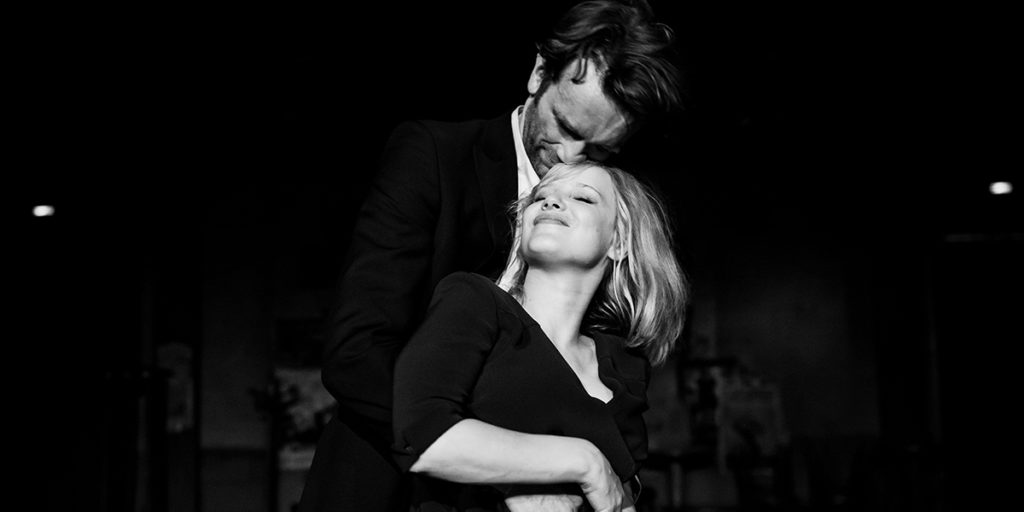
From a technical viewpoint, Cold War is an exquisitely well made film. Beautifully shot in black and white and presented in the square Academy ratio, it is quite obvious that Paweł Pawlikowski is going for a classical Hollywood feel, with Casablanca coming the most to mind for me. The film also features a number of memorable musical sequences, ranging from jazz performances to a scene of a drunken Zula dancing in a bar to “Rock Around the Clock.”
However, despite being a technically well-made film, I couldn’t really find myself drawn into the story of Wiktor and Zula’s tragic romance. The plot of the film becomes quite formulaic, as the film frequently shows Wiktor and Zula getting together, splitting up for some reason, and then the film jumping forward in time to do it again, expect with the two lead actors make-up to look a few years older. Despite the personal connection Paweł Pawlikowski may have to the story, with the film ending with a dedication to his parents, I never truly bought into the relationship between Wiktor and Zula. While the film does feature a tragic backstory for Zula, who is on probation for trying to kill her abusive father, the film all but drops that aspect of her story by the second half.
Altogether, I have to admit that Cold War is a mediocre post-war romance, held together by exquisite cinematography and jazz music.
Cold War is now playing at the TIFF Bell Lightbox

